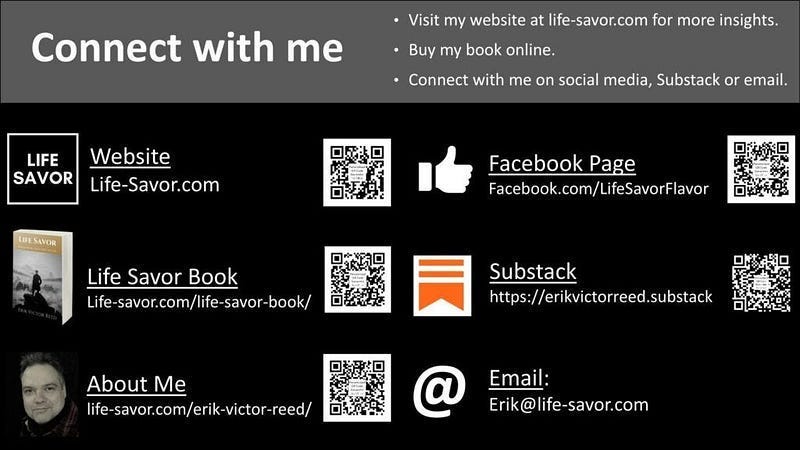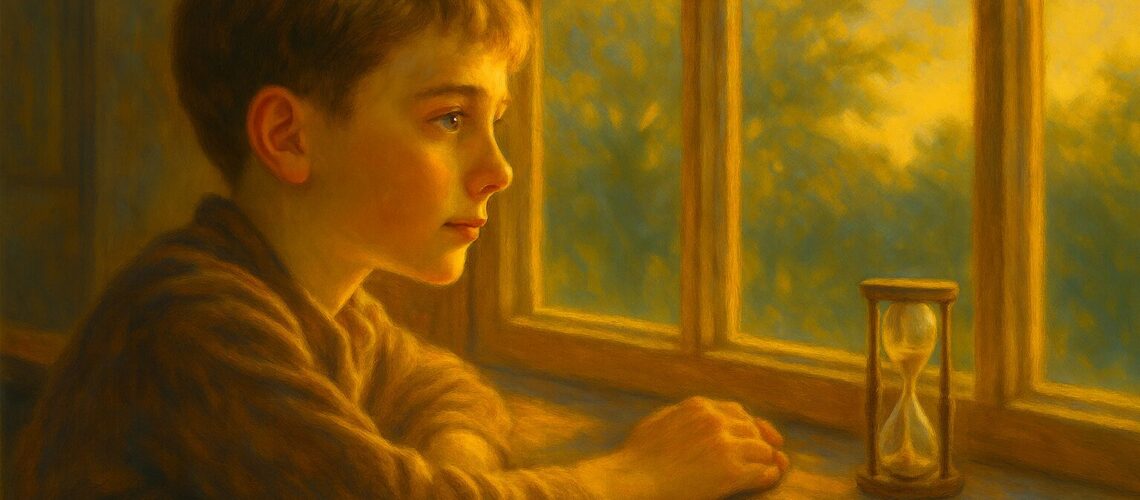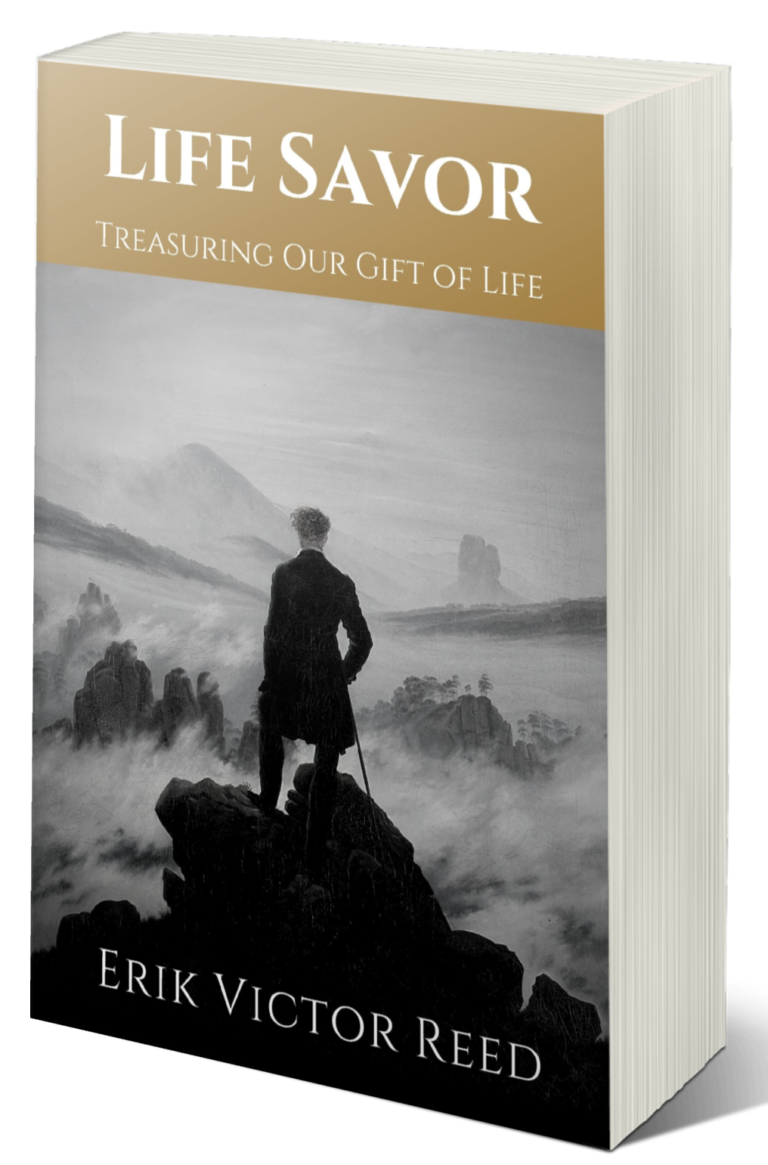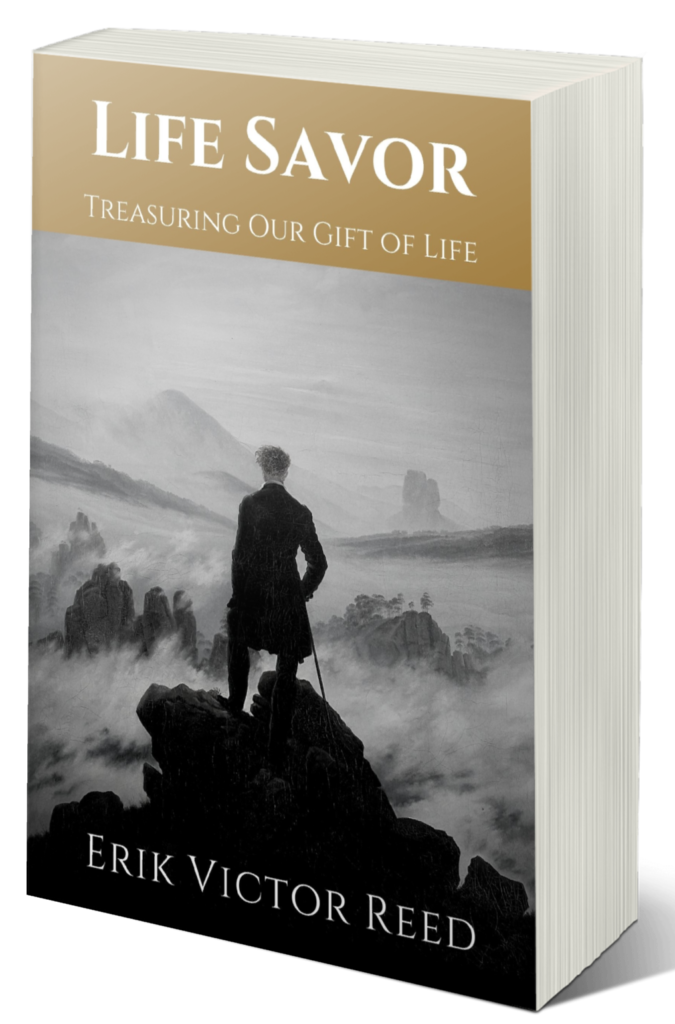Why childhood is not just a rehearsal
We often tell children, “Someday, you’ll understand.” We nod knowingly when they fall in love at twelve or cry over a broken toy, as if their feelings are just training wheels for the “real” emotions of adulthood. Childhood becomes a kind of waiting room.
But what if tomorrow never comes?
What if life ended at twelve, or seventeen, as it did for Sam Berns, who lived bravely with progeria and died a teenager? In that case, the moments of youth — the crushes, the games, the discoveries — are not rehearsal. They are the whole play.
Childhood is not a practice round. It is life itself, rich with meaning in its own right, as real as anything we experience later.
The False Division
Adults forget this. We divide life into “preparation” and “performance.” Childhood, in this story, is rehearsal; adulthood is the show. We measure young people not by what they are living, but by how well they are preparing for what comes later.
But a twelve-year-old’s crush is not a drill for future romance. It is love, as felt at twelve: the racing pulse, the nervous laughter, the sharpened awareness of another person’s presence. If death came tomorrow, that love would be part of a complete human story.
In this light, to dismiss children’s experiences as “just practice” is to belittle life itself.
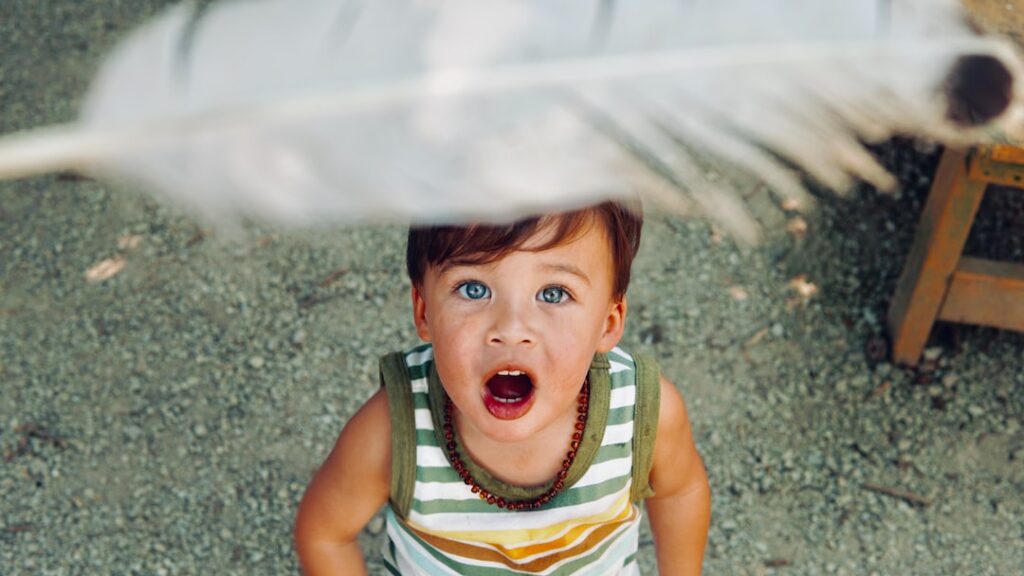
A Scene in Miniature
I remember being young, staring out a classroom window. The teacher’s voice droned in the background. Outside, the trees swayed, and sunlight danced across the glass. I felt a wave of longing I couldn’t name — for beauty, for freedom, for something more.
At the time, I didn’t have adult words like “aesthetic experience” or “existential yearning.” But the feeling was no less real. If my life had ended that year, that moment would have been part of its fullness. A boy, alive and aware, struck by wonder.
Childhood is not smaller life. It is still life itself—expressed in the full hues of its season.
Mortality’s Clarification
Mortality reveals the weight of these moments. If every life is a once-in-eternity chance, then every stage within that life is equally precious. There is no hierarchy where adulthood counts more. Twelve years of living are not “less” than seventy. They are simply fewer.
That is why we must honor children not only as future adults, but as present beings. They are already living their story, in real time, with all the joys and heartbreaks that make existence profound.
How Adults Can Honor Childhood
- Listen seriously. When a child shares a feeling, resist the urge to laugh it off. To them, it is as serious as any boardroom meeting is to you.
- Protect play. Games are not wasted time. They are the child’s art, their way of testing freedom, courage, and imagination.
- Share wonder. Join them in noticing — clouds, bugs, puddles, stars. They remind us of what we once felt instinctively and can feel again.
- Remember mortality. You do not know how long any life will last, theirs or yours. Every day counts as part of a complete story.
Closing Thought
Childhood is not a prologue. It is not just rehearsal for the “real” life of adulthood. It is life — vibrant, urgent, finite, meaningful.
To see through a child’s eyes is to remember this: every moment lived, at any age, is part of the only life that person will ever have. And that makes it precious.
So the next time you watch a child play, or fall in love, or cry over a loss, resist the temptation to be dismissive. Instead, let it remind you: the miracle of being alive is not reserved for later. It is happening now, in every season of our brief existence.
For more like this, visit the broader project at life-savor.com, or explore the Life Savor book itself.
To learn more about Life Savor’s philosophy,
read Life Savor: Treasuring Our Gift of Life by Erik Victor Reed.

